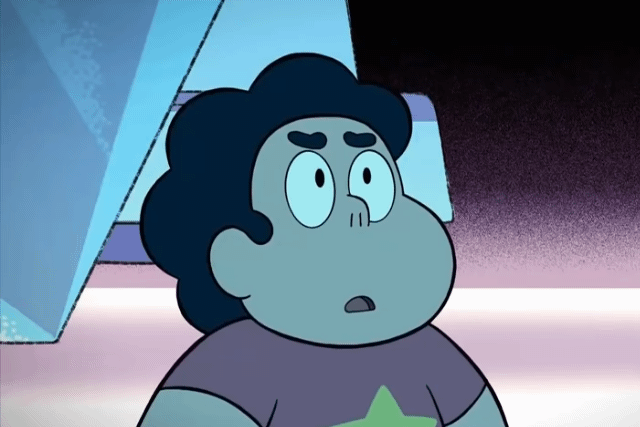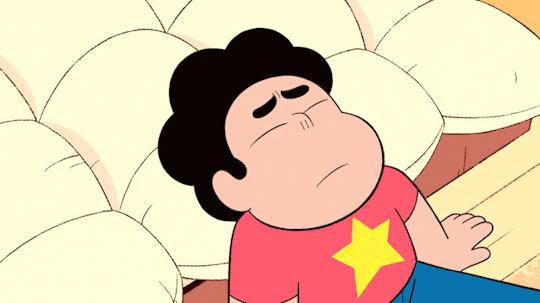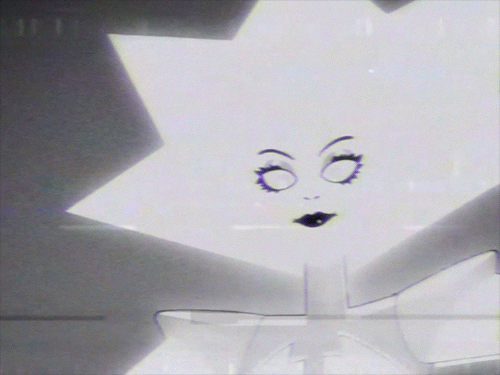#also fetishizing characters being smart or sassy as the ultimate sign of good writing reads to me as not only kinda oof
Explore tagged Tumblr posts
Text
i wanna talk about characters having “writer clairvoyance,” to borrow a term from lindsay ellis, and how it doesn’t make characters smarter.
one of the most common complaints about... pretty much any piece of media, is that the characters aren’t smart enough. this is often literal, people want the characters to be adequately intelligent and observant to answer their most burning questions, to explain plot points you think bears questioning.
but like... there is such a thing as doing that too much. if people acted irl on the level of writer clairvoyance hyper-awareness some want fictional characters to act, you couldn't walk out the door without someone being like "hang on... why are you carrying a bag? i've never seen you carry that bag before :/"
let's say you were a fictional character, and something WAS up with the bag. there's a plot-relevant ancient scroll in it which will let any wish you make come true or whatever.
if you’re the type to care about realism - the vast majority of people irl would not question you carrying a bag. the audience screaming that someone needs to ask about the bag or take it from the protagonist to find the secret scroll? that's because you, the audience, already know about the scroll.
you have access to information about what’s suspicious or bears questioning - the characters don’t. you screaming that it’s “so obvious” or how “stupid” the characters are doesn’t always mean unrealistic writing. unless the character is acting comically suspicious, there's no reason anyone would think to ask about every little thing. they’re busy living in the world, not solving it.
therefore, as a general rule, i think the reason characters ask questions is more important than asking “enough” questions to satisfy an audience who are approaching this as a mystery to be solved, which the characters aren’t.
also - sometimes, even if a character doesn’t know something, and are aware that they don’t know it... that doesn’t mean every question is worth asking.
it all comes back to character motivation. not just if they know that there’s something to question here, but do they CARE? is this something the character actually wants to know, or just the audience?
there could also be other factors obstructing a well-placed question. like whether they have know the right person to ask, and feel like the person will answer it.
i’m going to take steven from SU as an example here, because i have seen a couple people acting like he’s this silly naive boy who doesn’t question anything.
number one: he does. quite a lot, actually!



they’re just questions that make sense to his character - he cares about the questions, and have enough information to ask them - instead of questions only those with 4th wall writer clairvoyance would ask.
for instance, steven (above) asks the crystal gems to confirm whether his mom shattered pink diamond, because this is something deeply upsetting to him - he wants it not to be true. he wants to believe in a perfect mother idol he can live up to. he questions lapis taking the tower, because he doesn’t think gems should fight each other. he asks bismuth to watch garnet, because he’s naturally worried about her in her current state.
steven tends to ask why people are doing things he thinks are bad, because he wants to believe in them. again, caring about something is paramount to asking. a bunch of random weird magical stuff around him happening, is often as mundane to him as the bag example. he’s used to being weirded out and traumatized, as well as not knowing things. so he’s not gonna question every time a monster shows up. sometimes, he’s just “used” to stuff that the audience thinks he isn’t, because they see him first and foremost as a child.
as in some of the gifs above, steven questioning things can also be subtle - quick moments where his expression shows that he feels or realizes something is wrong, not always as literal questions. in these gifs, he questions what he thought he knew about pink’s shattering, and the surface-level utopian nature of the zoo.
also, there are times when you can tell steven is too frustrated to ask a question, or knows it won’t be answered. this is a big thing in episodes like “steven’s dream” and “lion 4,” where he knows the gems will keep hiding things from him, so he essentially says f you and seeks answers on his own.

and... he has every reason to think that! there are plenty of instances where the gems chastise steven for wanting to be involved in gem stuff, especially early in the show. on the emotional side, them hiding things insults him, and so, he starts to go behind their backs, against their wishes, and to seek other authorities.
a big theme in a show like SU is also that there is no authority who has the answer to everything, even when you wish there was.
i think a real issue here is that the audience is frustrated they don’t get to know everything... but the characters don’t either. they just know their own perspective, which is inherently flawed. that is a sublime writing style - a lot of stuff is just implied, perhaps only to be guessed or assumed from the soft worldbuilding, because the world is “bigger” than the characters. this is generally well-done and consistent. it’s thematically sound, how there are no true experts who know everything, or know to question everything in this sassy, ooc way.
personally, i also think it often is better writing to limit a character’s questions, because it shows awareness of the difference between what the audience vs characters know, and their motivations. i think emotion should precede it (and yes, sometimes, characters are too emotionally distraught to notice every little thing, this is normal and doesn’t indicate bad writing.)
it also often just makes for lazy media criticism - well i can think of something the character (living in the moment, stressed out of their mind, trying to survive) should ask, so it’s bad writing that they don’t!
...i’m gonna go ahead and say it would be bad writing if they questioned everything, regardless of motivation, relationships, human flaws, and emotion.
also, having a character actively ignore their emotions and act like a logicbro is often a defense mechanism to hide how afraid they are of being wrong. ahem.

personally, i can think of more examples of the opposite of “not questioning enough” - the character asks something, or is questioning something in an overbearingly sassy way, and i have no idea why. it seems to just be so the writer can show off how “smart” they are for being right, even if they don’t have a real reason to reach the conclusions that they do. or to be "self-aware,” like making a “wtf, that doesn’t make sense!” 4th wall breaking joke with no subtlety.
i’m guessing a big reason i’ve seen this complaint several times with steven now is that i think the “norm” in cartoons, especially ones with a certain “witty” humor, is leaning towards being too sassy and questioning, beyond what a normal person would ask. this is a big issue with shows like gravity falls and atla - characters will ask things just to show off how smart they are, just for the writer to vent about something they want to question, to ask about plot only the audience would ask about, or just to set up an answer. they often ignore the flow of a scene, or the emotion, because the characters don’t “really” live in the world. they just exist to be sassy / “intelligent.”
often, i’m frustrated that there’s no organic motivation behind a given question, and they’re oft asked far too conveniently - “okay, the shittiest parts of our audience wants to be handheld, lest they call something a plot hole... so we need a scene where a character says ‘x doesn’t make sense!’, so then we can have another character explain why the plot is good, actually.”
so that’s my little rant for today. there are certainly times where something should be questioned and the characters in a given piece of media don’t... but i also think a lot of the time, the audience just has generalized frustrations when they don’t like a show, and are looking for any way to express that. they want to intellectualize it, so they’re grasping for a way to vent about how stupid they think the characters are.
#writing#steven universe#steven#white diamond#(implied)#long story short: having a character Not ask something can be the better writing choice actually#it depends on your writing style but try to be selective about it - the unsaid can say as much as the said#also fetishizing characters being smart or sassy as the ultimate sign of good writing reads to me as not only kinda oof#but as a very narrow way to look at what makes writing smart#and a way to be easily satisfied with hacky writers who know how to write '''''witty''''' dialogue
489 notes
·
View notes